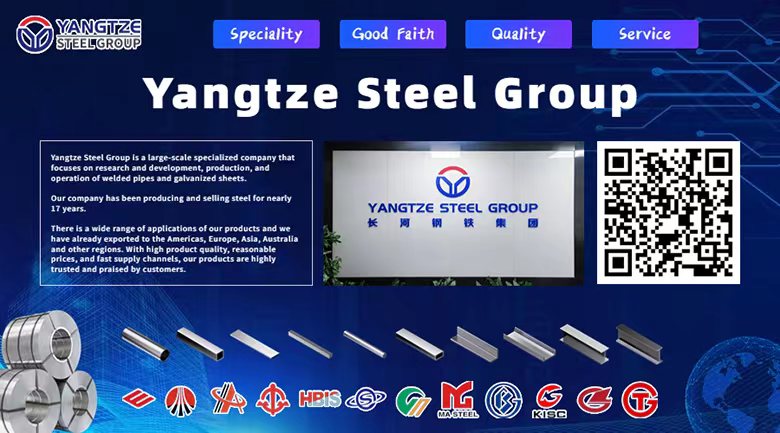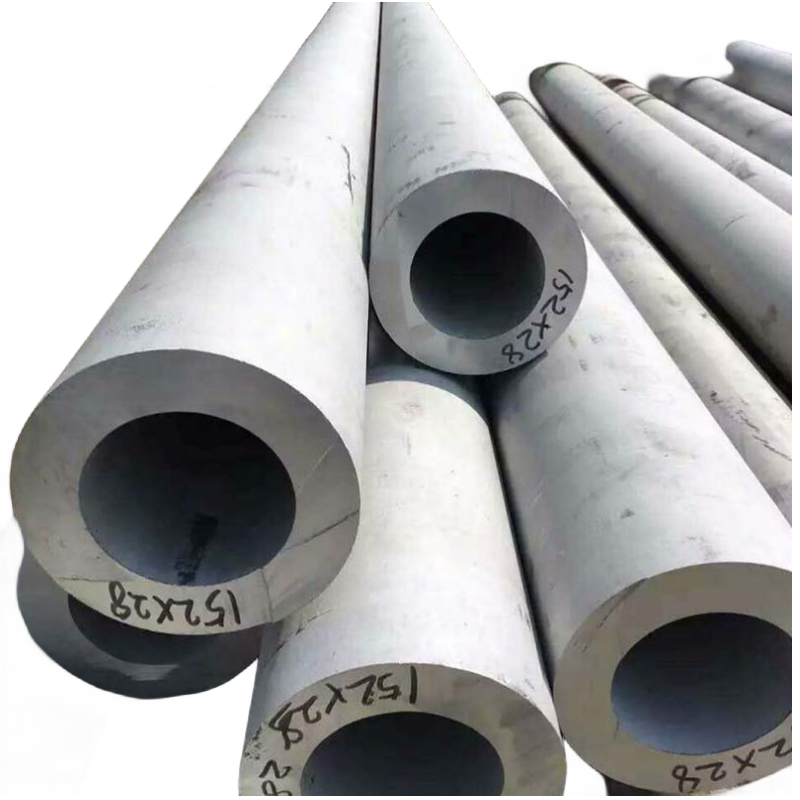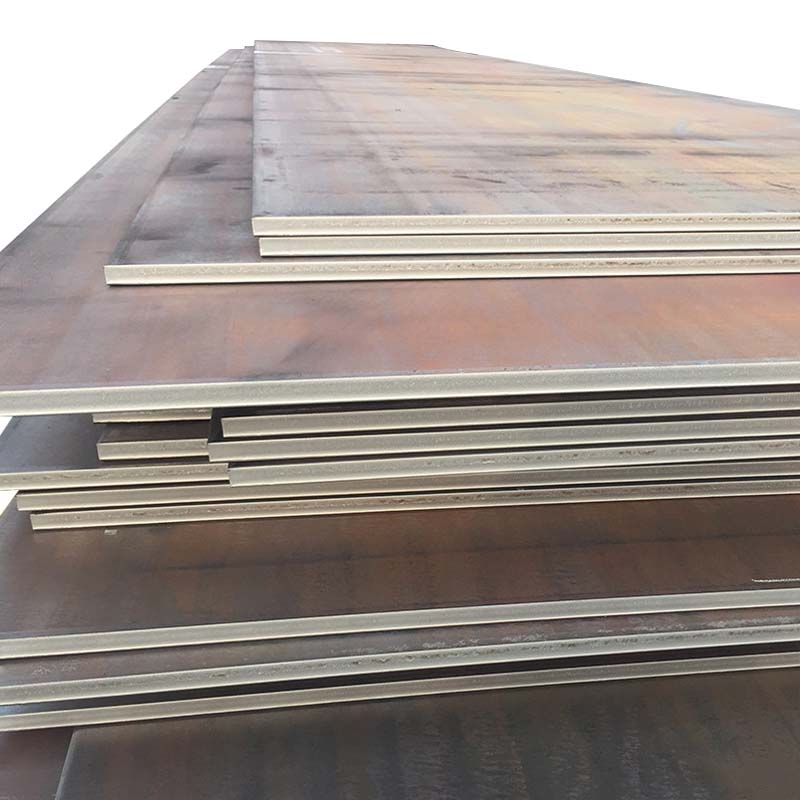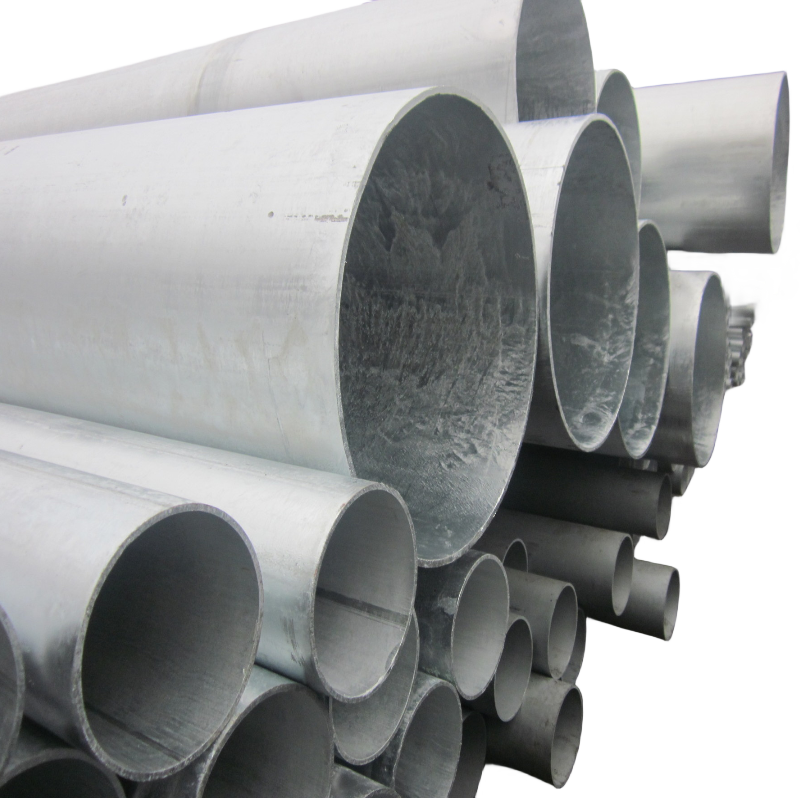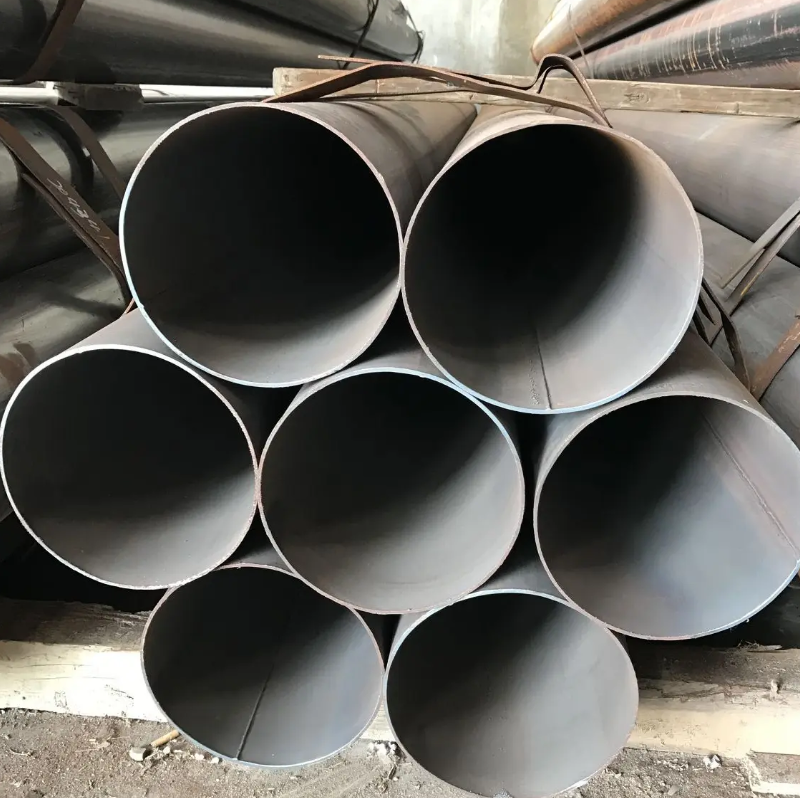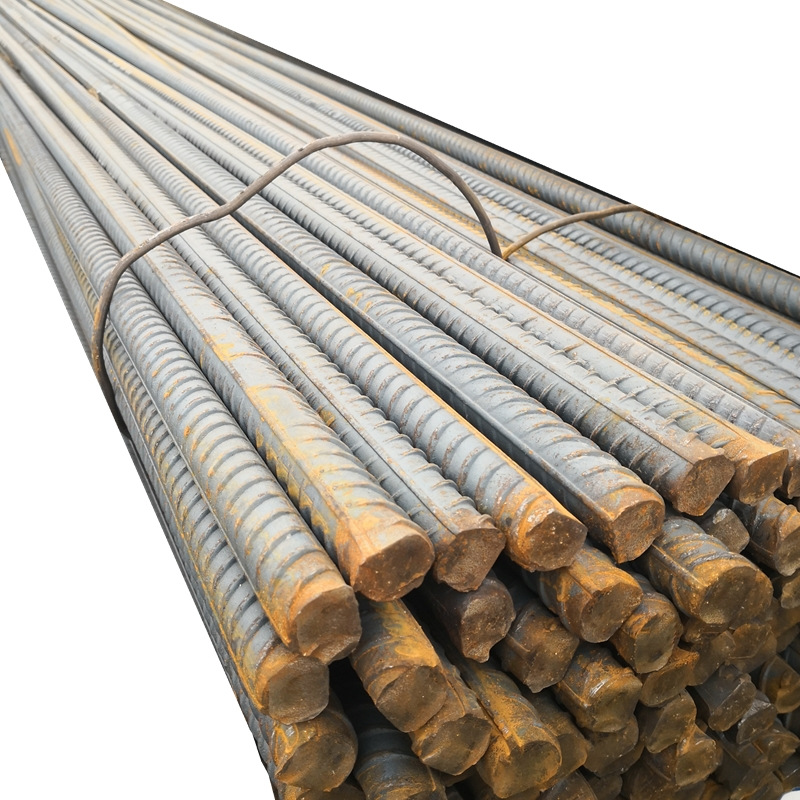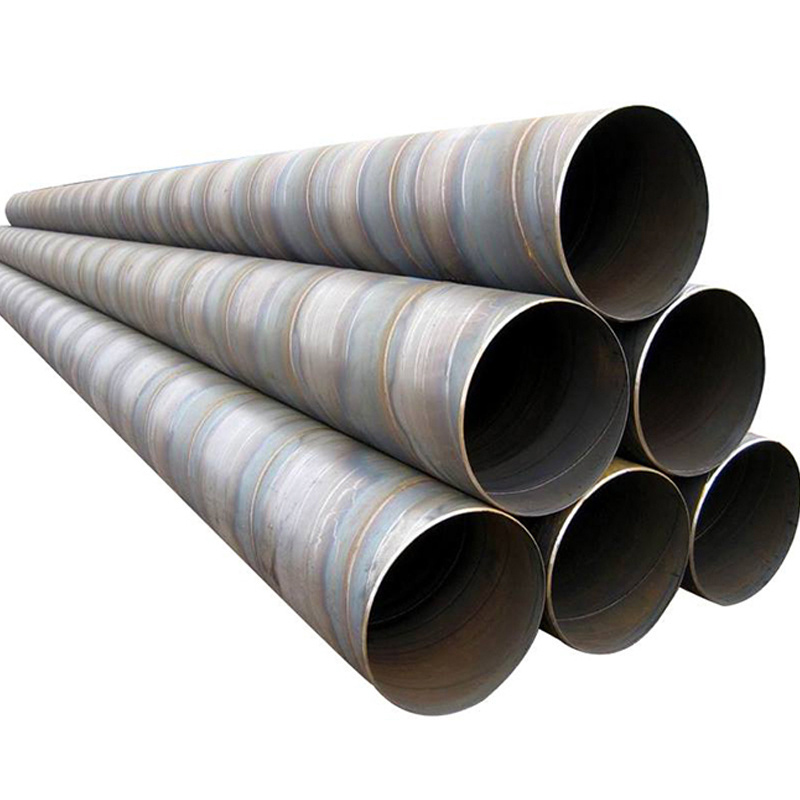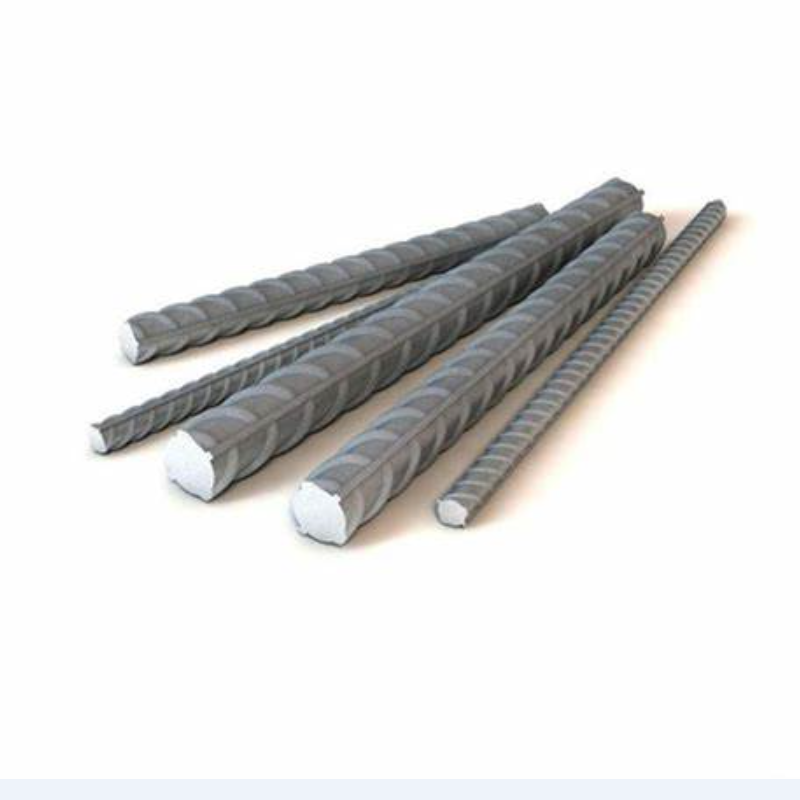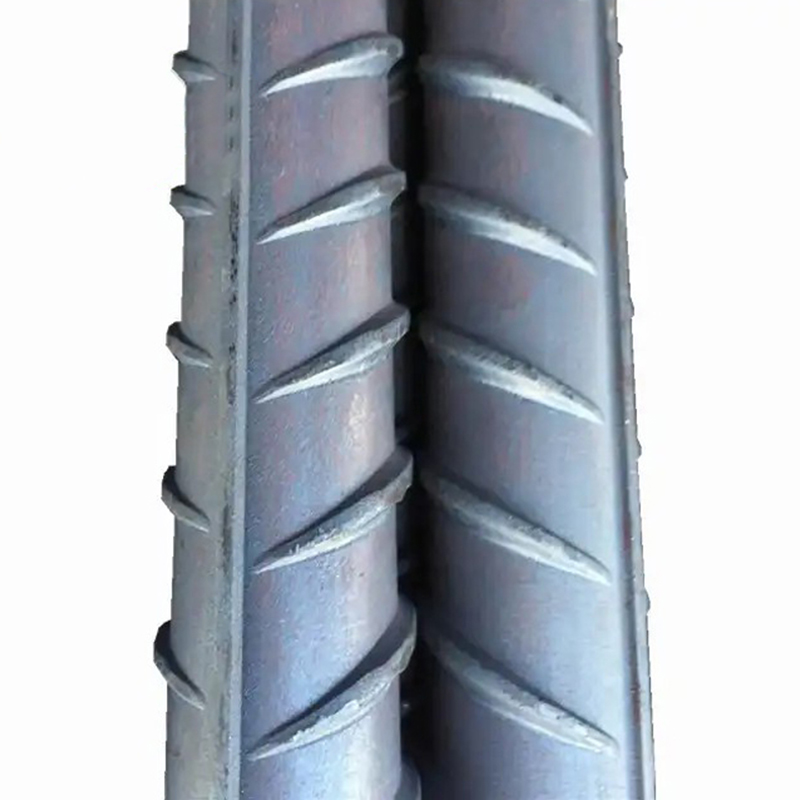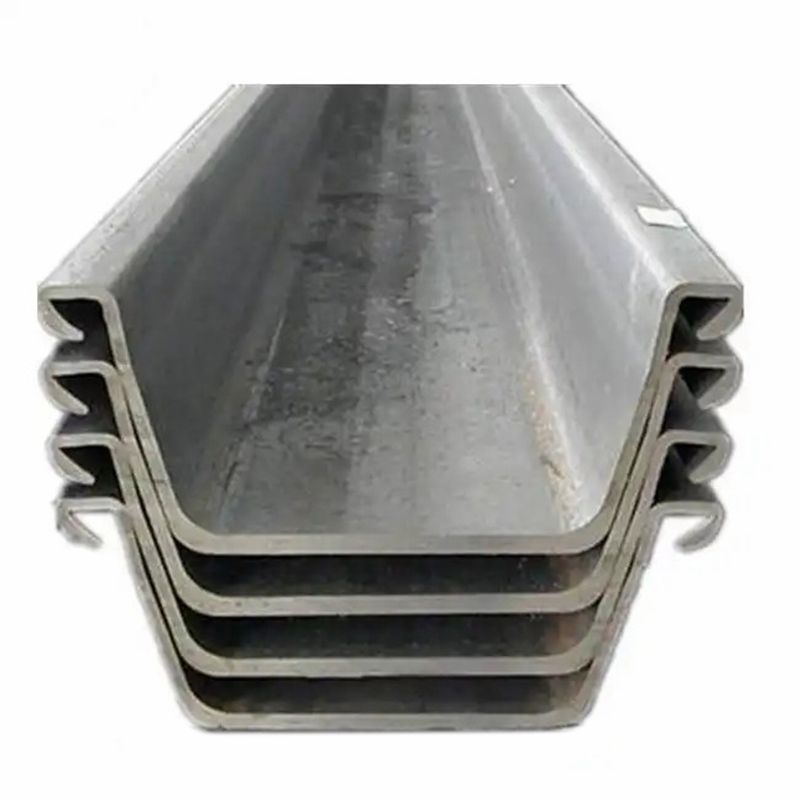Difference between structural pipe and fluid pipe
Structural pipe and fluid pipe have obvious differences in use, manufacturing standards, performance requirements, material selection, etc.
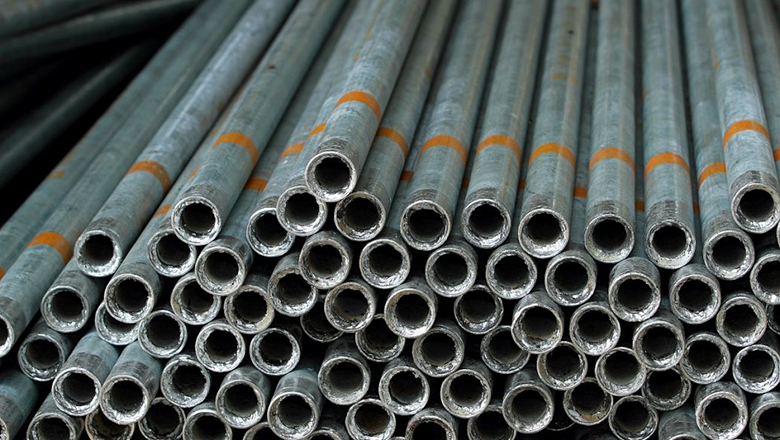
Structural pipe
1. Use:
Mainly used in construction and structural engineering, such as bridges, towers, building steel structures, etc., for bearing and support.
2. Manufacturing standards:
Mainly focus on mechanical properties and dimensional tolerances, such as ASTM A500, GB/T 6728.
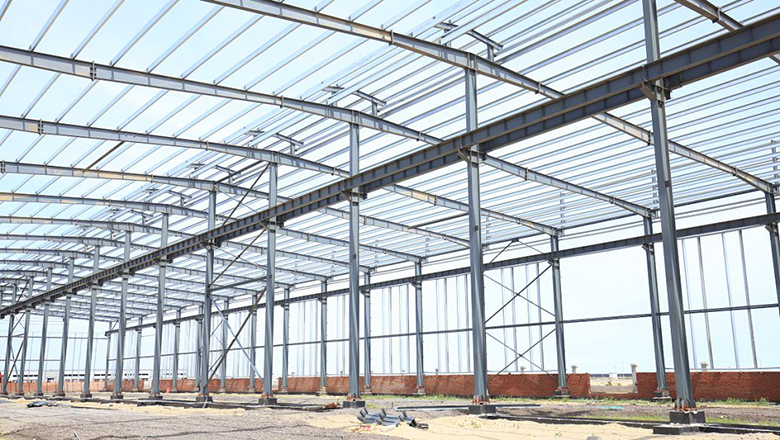
3. Performance requirements:
Emphasis on mechanical properties such as tensile strength, yield strength and elongation to ensure structural stability and safety.
4. Material selection:
Carbon steel and low alloy steel are usually used, and good welding performance and mechanical properties are required.
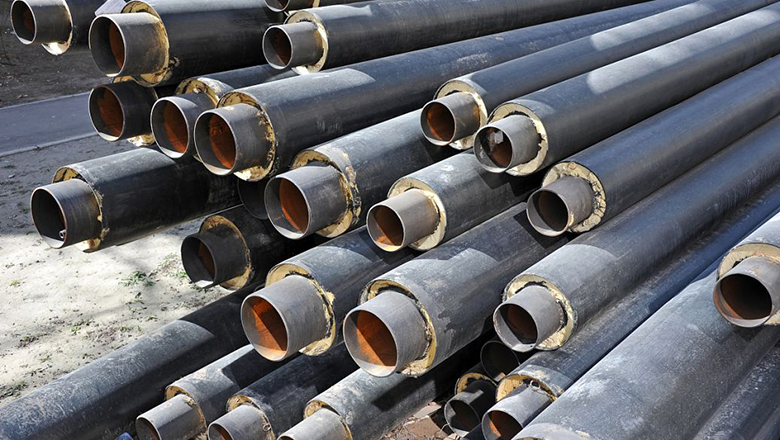
Fluid pipe
1. Use:
Mainly used for conveying fluids such as water, oil, gas, etc., and widely used in pipeline transportation systems.
2. Manufacturing standards:
Focus on corrosion resistance and pressure resistance, such as ASTM A106, GB/T 8163.
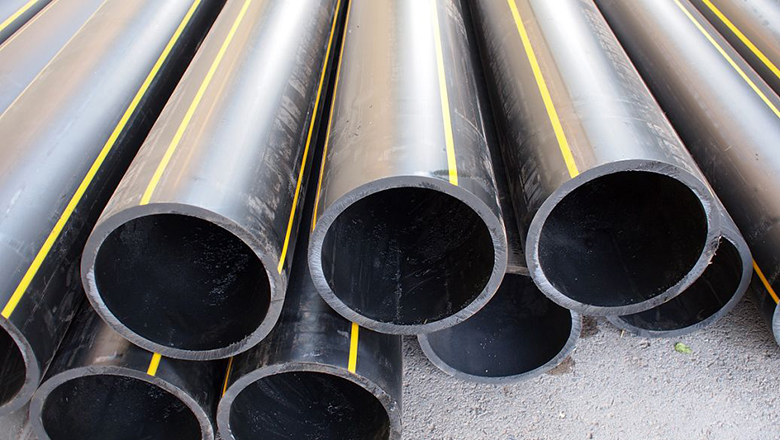
3. Performance requirements:
Emphasis on sealing performance, corrosion resistance and pressure resistance to ensure no leakage, corrosion resistance and ability to withstand a certain pressure during fluid delivery.
4. Material selection:
Carbon steel, stainless steel and alloy steel are usually used, and good corrosion resistance and pressure resistance are required.
